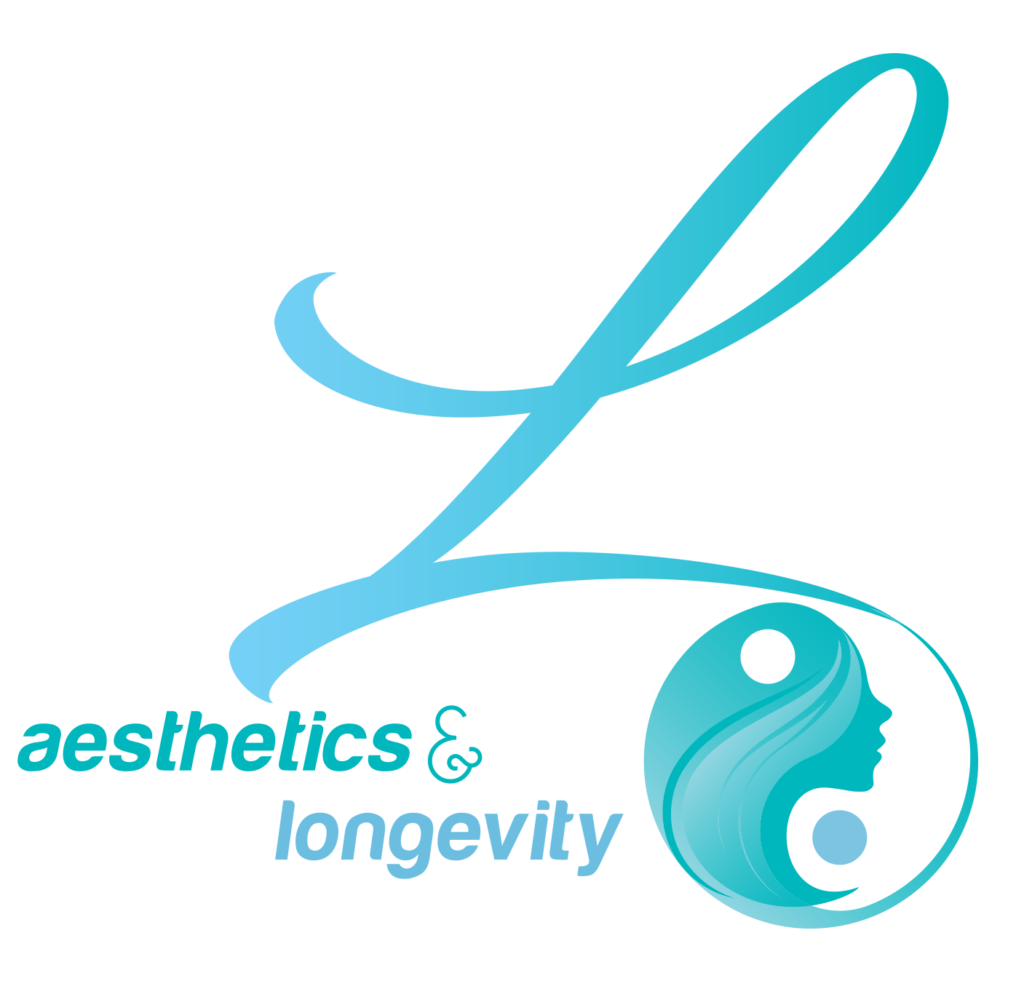In the quest for optimal health and wellness, many individuals turn to supplements to bridge the nutritional gaps in their diets and support specific health goals. While a well-balanced diet should be the foundation of any healthy lifestyle, supplements can be valuable additions to address individual needs. However, navigating the vast array of supplements available on the market can be overwhelming.
Assess Your Individual Needs
Before diving into the world of supplements, it can be helpful to assess your individual health needs. Consider factors such as age, gender, activity level, and any existing health conditions. Additionally, identify specific health goals you want to achieve, whether it’s supporting bone health, boosting immunity, enhancing cognitive function, or improving athletic performance.
You may want a lab test to determine your levels of important nutrients. If you want a test you can use at home, you can do a hair test. We like Upgraded Formulas hair test (Use Coupon code: LEDBETTERLIFE for 10% off)
Consult with a knowledgeable professional
Before incorporating new supplements into your routine, you may want to consult a professional if you feel unsure about what you should supplement and how much to take. A functional medicine practitioner or functional medicine nutritionist can provide personalized advice based on your health history and goals. They can also help identify potential interactions with medications you are taking and ensure that the supplements chosen are safe for your individual circumstances and that you are taking the right amount from a reputable company.
Focus on Whole Foods First
While supplements are often beneficial, they should not replace a balanced and varied diet rich in whole foods. Whole foods provide a wide array of nutrients, including vitamins, minerals, fiber, and phytochemicals that work synergistically for optimal health. Supplements are meant to complement a healthy diet, not substitute for it.
Choose High-Quality Supplements
Not all supplements are created equal. When selecting supplements, prioritize high-quality products from reputable manufacturers. Look for third-party testing certifications, such as NSF, USP, or Informed-Choice, which ensure that the product meets quality and purity standards. Our providers can direct you to high quality companies we trust like Orthomolecular, Thorne, Pure Encapsulations, Bioptimizers, and Tennant Products.
Tailor Supplements to Your Health Goals
Different health goals may require different supplements. Here are some common health goals and corresponding supplements:
– Bone Health: Calcium, Vitamin D3, Magnesium, Vitamin K2
– Immune Support: Vitamin C, Vitamin D, Zinc, Probiotics
– Cognitive Function: Omega-3 fatty acids (DHA and EPA), B Vitamins, Antioxidants
– Muscle Recovery: Protein, Branched-Chain Amino Acids (BCAAs)
– Heart Health: Omega-3 fatty acids, Coenzyme Q10 (CoQ10)
Be Mindful of Dosages
Excessive intake of certain vitamins and minerals can have adverse effects. Pay attention to recommended daily dosages and avoid megadoses unless specifically recommended by a healthcare professional. More is not always better, and moderation is key. Fat soluble vitamins can be stored in the body and reach toxic levels if over-consumed include:
Vitamin A
Vitamin D
Vitamin E
Vitamin K
Because they accumulate in bodily tissues, fat soluble vitamins pose a higher risk of overdose than water soluble vitamins.
Some supplements that may cause adverse effects if taken in excess include:
Vitamin A – Can lead to liver damage and bone health issues if intake is too high.
Vitamin D – Potential for calcification of soft tissues, kidney stones and arrhythmias with excessive doses. Most people these days are low on vitamin D, but it is helpful to have your levels checked if you take higher doses (5000-10,000IU) for more than a month or so.
Iron – Gastrointestinal distress, organ damage or circulatory issues may occur with high iron intake. Iron is an oxidant and can lead to more radix aging, so don’t take iron unless your levels have been checked and you are low.
Calcium – Increased risk of kidney stones, heart issues and prostate cancer if intake is consistently too high.
Vitamin B6 – Nerve damage is possible with excessively high dosages over time. Don’t take synthetic B6- Pyridoxine hydrochloride which comes from petroleum ester, hydrochloric acid, and formaldehyde. Use Pyridoxal 5′ phosphate (P5P instead).
Monitor and Adjust
As your health goals and lifestyle evolve, so too should your supplement regimen. Regularly assess your progress, and if necessary, adjust your supplement intake accordingly. This may involve consulting with a healthcare professional to reassess your needs and make any necessary modifications.
Conclusion
Incorporating the right supplements into your health and wellness routine can be a valuable step toward achieving your goals. However, it’s essential to approach supplementation with knowledge, mindfulness, and a focus on overall well-being. By assessing individual needs, consulting with healthcare professionals, choosing high-quality products, and tailoring supplements to specific goals, you can create a personalized and effective supplement regimen to support your journey toward optimal health.
If you want more information on supplements and dosages follow Dr. Natalie Ledbetter’s Instagram Page as she features health, biohacking, and longevity tips.
You can also book an appointment with our seasoned healthcare professionals today!
Whether you’re aiming for peak performance, a resilient immune system, or overall vitality, our team is here to craft a tailor-fitted supplement plan just for you. Your journey to optimal health begins with a click – schedule your appointment now and let’s make your health goals a reality.
